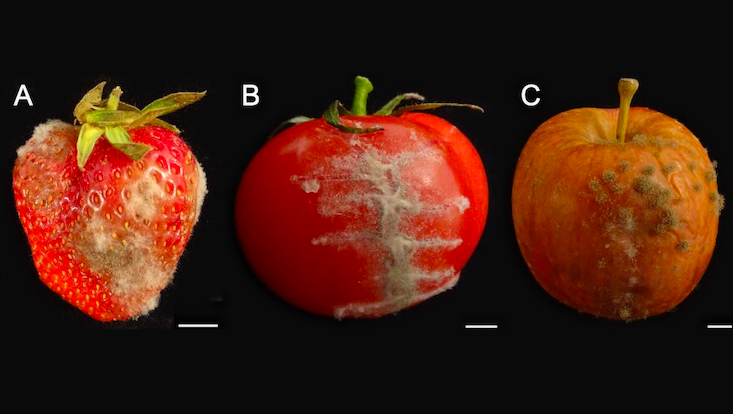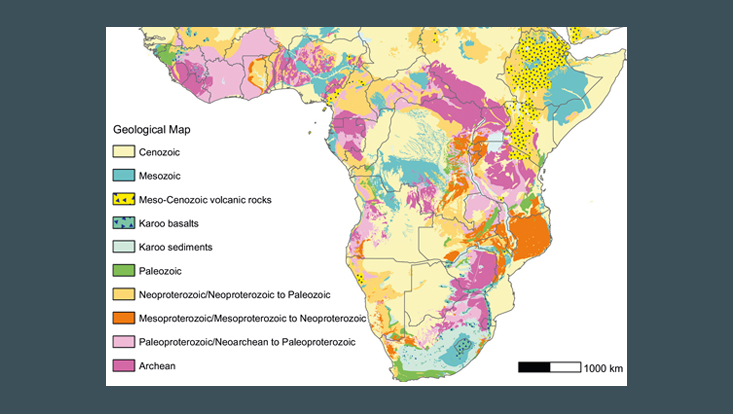Underfloor heating for salt marshesNew research project to study the effects of climate change on saltmarsh ecologyBauer-Hollmann Stiftung allocates 195.000 € to junior research group
26 February 2018, by Website Team Biologie
Salt marshes are highly dynamic ecosystems in the transition zone between marine and terrestrial environments, and are therefore characterised by a complex interplay of abiotic and biotic factors. They are a vital habitat for many plant, bird and invertebrate species, including soil fauna, and therefore, they play an important role in the protection of biodiversity. In addition, salt marshes are recognized for their high potential for ecosystems services such as carbon sequestration. Ecological research in the Wadden Sea salt marshes has previously mainly focussed on effects of livestock grazing; yet, we also need to understand how the valuable and sensitive salt marshes are affected by the on-going global change.
Therefore, the Bauer-Hollmann Stiftung is funding a junior research group headed by Dr. Stefanie Nolte to study effects of warming on the interplay between plants and the soil, and ecosystem functions in Wadden Sea salt marshes. To do so, a world-unique ecosystem warming experiment will be installed at Hamburger Hallig including experimental passive aboveground and active belowground heating in three vegetation zones. Within the experiment it will be assessed how plants and soil fauna, as well as their interactions, are affected by natural abiotic conditions and by experimental warming. Furthermore, in collaboration with the soil science department, the project will quantify how warming affects critical ecosystem functions and services, especially in relation to greenhouse gas emissions. Overall, the results are expected to contribute to the development of sustainable management strategies for salt marshes in the Wadden Sea National Parks in times of climate change.


